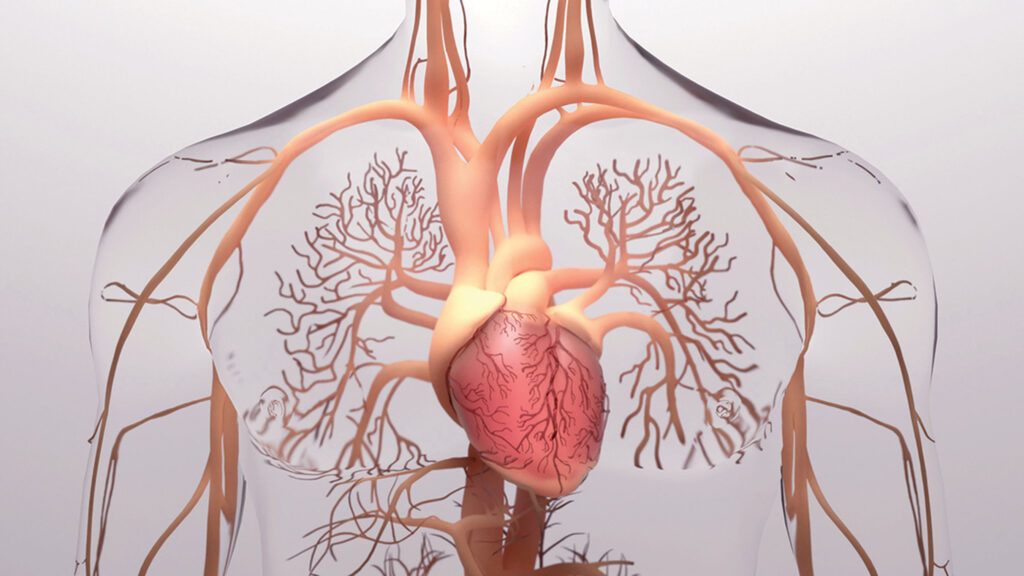Stress affects the heart in powerful ways. Cardiologists have long studied this connection. At places like the west houston heart center, experts continue to explore how stress impacts heart health. Stress can push blood pressure up and disrupt heart rhythm. It often leads to unhealthy habits like poor eating or not exercising. Understanding these effects helps in managing stress and protecting the heart.
The Science Behind Stress and Heart Health
When stress hits, the body triggers a “fight or flight” response. Hormones like adrenaline and cortisol flood the system. They prepare the body to react. This response is natural and can be helpful in emergencies. But constant stress keeps these hormones elevated. Over time, this puts a strain on the heart.
The National Heart, Lung, and Blood Institute notes that stress can lead to high blood pressure. It can cause blood vessels to constrict and the heart rate to rise. This increases the risk of heart disease. Stress may also contribute to inflammation in the arteries. Inflammation can lead to plaque build-up and create blockages.
Effects of Chronic Stress on the Heart
Chronic stress has a range of effects on the heart, including:
- High Blood Pressure: Regular exposure to stress can increase blood pressure.
- Heart Disease: Long-term stress may contribute to coronary artery disease.
- Arrhythmia: Stress can cause irregular heartbeat or palpitations.
These effects are not just theoretical. Cardiologists see them in patients every day. Acknowledging these risks is the first step towards better heart health.
Stress-Related Heart Conditions
Stress is linked to several heart conditions. Here is a quick comparison of how stress affects different heart conditions:
| Condition | Impact of Stress |
|---|---|
| High Blood Pressure | Stress hormones elevate blood pressure levels. |
| Coronary Artery Disease | Stress increases inflammation and plaque build-up. |
| Arrhythmia | Stress can trigger irregular heart rhythms. |
Managing Stress for Better Heart Health
Managing stress is crucial for heart health. Simple lifestyle changes can make a significant difference. Here are three effective strategies:
- Exercise Regularly: Physical activity helps reduce stress hormones and boost mood.
- Practice Mindfulness: Techniques like meditation and deep breathing can calm the mind.
- Maintain a Healthy Diet: Eating well supports overall well-being and heart health.
The Centers for Disease Control and Prevention (CDC) provides valuable resources for managing stress. They highlight the importance of regular check-ups and seeking professional help if needed.

The Role of Healthcare Providers
Healthcare providers play a vital role in managing stress-related heart issues. Regular visits to a cardiologist can help track heart health. They can also provide personalized advice based on individual needs. This collaboration ensures that stress does not silently damage the heart.
Encouraging open conversations with doctors about stress is important. It allows for tailored care plans. These plans often include a mix of medication, lifestyle changes, and stress-management techniques.
Conclusion: Prioritize Heart and Mind
Stress is a part of life, but it does not have to control it. Understanding its impact on the heart is crucial. By taking steps to manage stress, we protect not just our hearts but our overall health. Cardiologists and heart centers remain committed to guiding patients through these challenges. Together, we can build a future where heart attacks from stress become a thing of the past.

